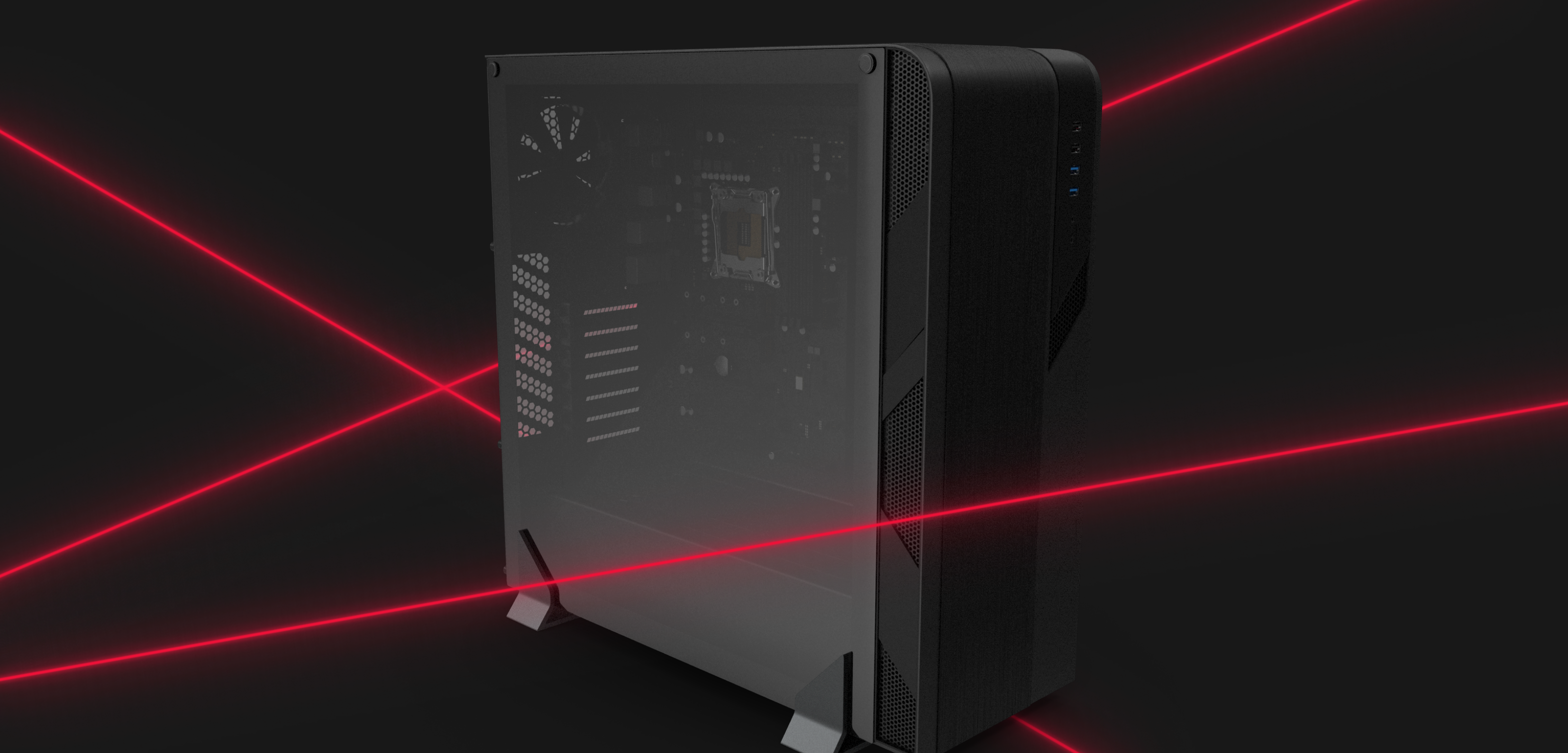The rapid advancement of artificial intelligence (AI) has revolutionized the iGaming industry, enabling businesses like Risk iGaming to create content at an unprecedented scale and speed. Automated text creation, in particular, has opened up new opportunities for engaging audiences and enhancing user experiences. However, this technological leap has also brought forth a myriad of legal challenges and regulatory concerns. In this article, we will explore the current legal landscape surrounding AI-generated content in iGaming, discuss the key challenges businesses face, and provide practical guidance on how to navigate regulatory scrutiny while maximizing the benefits of AI-powered content creation.
Automated Text Creation: Opportunities and Regulatory Scrutiny
The rise of automated text creation presents significant opportunities for iGaming businesses to expand their reach and improve user engagement. By leveraging AI-powered tools, companies can generate vast amounts of content, such as game descriptions, promotional materials, and even personalized recommendations, in a fraction of the time it would take human writers. This efficiency enables iGaming platforms to cater to a wider audience and deliver tailored experiences that keep users coming back.
However, the rapid adoption of AI in content creation has also attracted the attention of regulators worldwide. In April 2023, the National Telecommunications and Information Administration (NTIA) in the United States put forward the AI Accountability Policy Request for Comment, signaling a growing focus on ensuring the trustworthiness and responsible development of AI technologies. This move is part of a broader global trend, with countries like Brazil also taking steps to establish comprehensive AI regulations through initiatives such as the Draft AI Bill, which received over 100 contributions from various stakeholders.
Regulators are keen to ensure that the integration of AI into content creation processes is done in a manner that is fair, transparent, and aligned with existing legal frameworks. In the United States, the Algorithmic Accountability Act, proposed by Senator Ron Wyden and Congresswoman Yvette Clarke, aims to introduce ongoing checks on algorithms to prevent bias and promote fairness in the digital realm. This highlights the importance for iGaming businesses to proactively address potential biases and ensure that their AI-generated content adheres to ethical standards.
The legal landscape surrounding AI-generated content is constantly evolving, and iGaming companies must stay abreast of the latest developments to ensure compliance and mitigate risks. Brazil's comprehensive Draft AI Bill, presented by Justice Ricardo Cueva and Professor Laura Mendes, serves as a prime example of the detailed considerations that go into regulating AI. Its five-part structure addresses various aspects of AI integration, from data protection to liability and governance.
Policymakers, as evidenced by the NTIA's Request for Comment, are actively seeking input from industry stakeholders to develop effective frameworks for managing the risks and maximizing the benefits of automated text creation. iGaming businesses have a unique opportunity to contribute to these discussions and shape the future of AI governance in their sector.
The ongoing advancements in AI governance underscore the importance of collaboration between regulators, industry players, and experts from various fields. Striking the right balance between encouraging innovation and protecting the interests of the iGaming community and its users is a delicate task that requires careful consideration and ongoing dialogue.
In this new era, the mix of opportunities and oversight drives growth and creativity in iGaming. It calls for careful navigation through regulatory scrutiny.
Intellectual Property Rights for AI-Generated iGaming Content
The rise of AI-generated content in the iGaming industry has introduced complex challenges in the realm of intellectual property rights. As AI systems become increasingly capable of producing original and creative works, questions arise regarding the ownership and copyright status of such content. Traditional copyright laws, which were designed to protect human-created works, are being put to the test as AI blurs the lines between machine and human authorship.
In 2017, Google's funding of an AI system to write news articles demonstrated the potential for AI to generate high-quality content autonomously. Similar projects, such as "The Next Rembrandt," which used AI to create a new painting in the style of the famous Dutch artist, further highlight the creative capabilities of AI across various domains, including art, music, and literature.
A recent example of this challenge is the case of "Zarya of the Dawn," a graphic novel created by Kris Kashtanova using MidJourney, a form of generative AI. The United States Copyright Office granted limited copyright protection to the graphic novel, marking the latest development in the burgeoning field of AI-assisted creative works. While the Copyright Office approved protection for the text and arrangement of images, it denied protection for the individual images within the graphic novel.
Another interesting case is the agreement between SAG-AFTRA and Replica Studios that marks a significant development in the intersection of AI technology and performer rights. SAG-AFTRA, a prominent labor union for performers, has secured an agreement with AI voice technology company Replica Studios. This agreement, announced during CES 2024, allows union members to license digital replicas of their voices for use in video games. Such a move is groundbreaking as it establishes a formal process for consent and compensation, a topic that has become increasingly relevant with the rise of AI technologies capable of replicating human voices with high accuracy.
In contrast, some countries, such as the United Kingdom and Hong Kong, have taken a more flexible approach, recognizing the possibility of AI systems being considered as creators in certain circumstances. This divergence in legal perspectives highlights the need for a more harmonized and adaptable framework that can accommodate the unique characteristics of AI-generated content in the iGaming industry and beyond.
Recent court decisions have begun to shed light on the legal status of AI-generated content and the role of AI in the creative process.
These rulings underscore the need for a nuanced approach that takes into account the specific circumstances of each case and the level of human involvement in the creation of the work. Developing a robust legal framework for AI authorship in the iGaming industry will require careful consideration of these precedents and a willingness to adapt to the evolving technological landscape.







